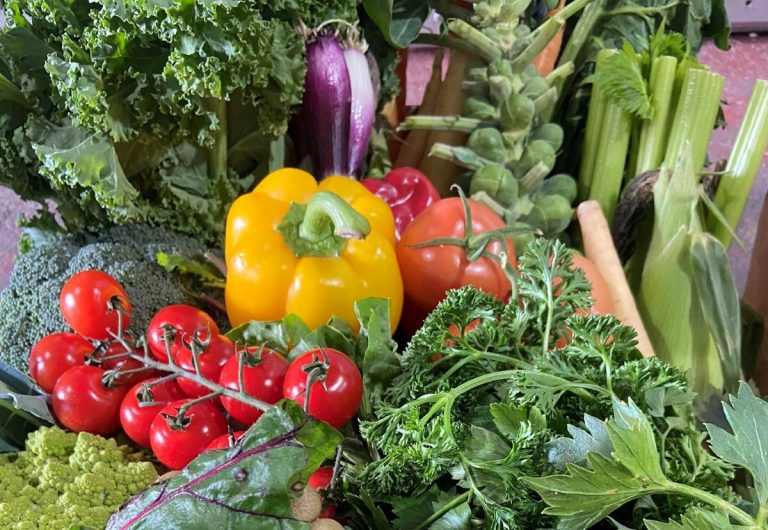Food prices in the UK have finally experienced a long-awaited decline, according to the British Retail Consortium (BRC).

Topics covered
Food prices in the UK have finally experienced a long-awaited decline, according to the British Retail Consortium (BRC). Intense competition between supermarkets has led to a 0.1% drop in prices in September, marking the first fall in over two years.
While grocery inflation remains high, it is showing signs of easing, with food prices rising by 9.9% in the year to September, down from 11.5% in August. This decline in food prices has been attributed to price cuts on school uniforms and other back-to-school items.
However, the BRC warns that various factors could still pose risks to this trend, including high interest rates, climbing oil prices, global sugar shortages, and supply chain disruption caused by the war in Ukraine.
Food Prices in the UK Experience Long-Awaited Decline as Supermarkets Battle for Shoppers’ Attention
The decline in food prices in the UK has been long-awaited and is finally here, thanks to the intense competition among supermarkets. According to the British Retail Consortium (BRC), prices dropped by 0.1% in September, marking the first fall in over two years. This decrease was observed across various food categories, including dairy goods, margarine, fish, and vegetables. While grocery inflation remains high, there are signs of easing as food prices rose by 9.9% in the year to September, down from 11.5% in August. This price decline can be attributed to price cuts on school uniforms and other back-to-school items, which have helped households cope with rising living costs. However, the BRC cautions that risks such as high interest rates, climbing oil prices, global sugar shortages, and supply chain disruption from the war in Ukraine could still impact this positive trend.
Grocery Inflation Shows Signs of Easing as Food Prices Begin to Stabilize
The recent decline in food prices in the UK is a positive sign for consumers, as it suggests that grocery inflation is starting to ease. According to the British Retail Consortium (BRC), food prices rose by 9.9% in the year to September, down from 11.5% in August. This stabilization can be attributed to the intense competition among supermarkets, as they battle for shoppers’ attention. Price cuts on school uniforms and other back-to-school items have also helped to alleviate the burden of rising living costs for households. However, it is important to remain cautious, as factors such as high interest rates, climbing oil prices, global sugar shortages, and supply chain disruption from the war in Ukraine could still impact food prices in the future.
Factors Influencing Food Prices: From Back-to-School Deals to Global Challenges
The recent decline in food prices in the UK can be attributed to a combination of factors. Firstly, supermarkets have been offering back-to-school deals, including price cuts on school uniforms and other related items. These promotions have helped to alleviate some of the burden of rising living costs for households. Secondly, global challenges such as climbing oil prices and supply chain disruption from the war in Ukraine have also played a role in influencing food prices. Additionally, there have been global shortages of sugar, which have contributed to the overall increase in food prices. While the current decline in food prices is a positive sign for consumers, it is important to remain cautious as these factors could still impact food prices in the future.





Leave a Reply